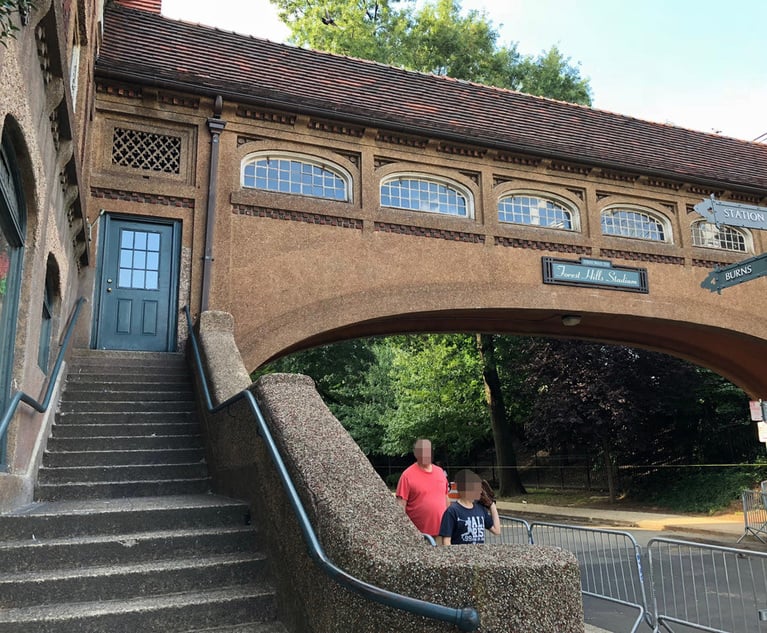Under 28 U.S.C. §1782, a federal district court may direct a person who “resides” or is “found” in the district to produce discovery “for use in a proceeding in a foreign or international tribunal.” Given New York’s population and the number of companies that do business here, it is not surprising that federal courts in this state entertain scores of applications for discovery under this statute each year. Such applications are often granted with relative ease, consistent with the statute’s “twin aims”: “providing efficient assistance to participants in international litigation and encouraging foreign countries by example to provide similar assistance to our courts.” See Intel Corp. v. Advanced Micro Devices, 542 U.S. 241, 252 (2004) (internal quotations omitted).
As recent cases highlight, however, there are exceptions. For example, the Second Circuit’s decision in In re Guo, 965 F.3d 96, 104 (2d Cir. 2020), holding that §1782 discovery is unavailable where the foreign proceeding for which it is sought is a private arbitration, received special attention because it represents a circuit split. But it is not the only recent case where a federal court in New York has denied or limited §1782 discovery, either as a matter of law (based on the requirements of the statute) or as a matter of discretion. This article looks at the rules and trends that emerge from those cases.


 Photo: Jamesteohart via Shutterstock
Photo: Jamesteohart via Shutterstock




